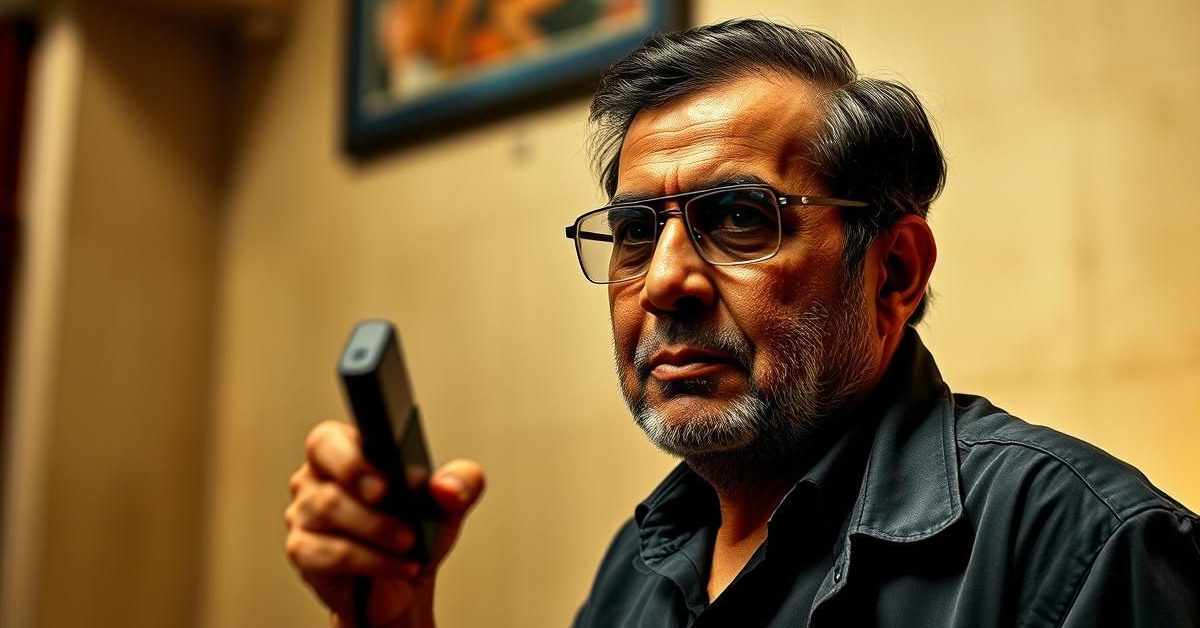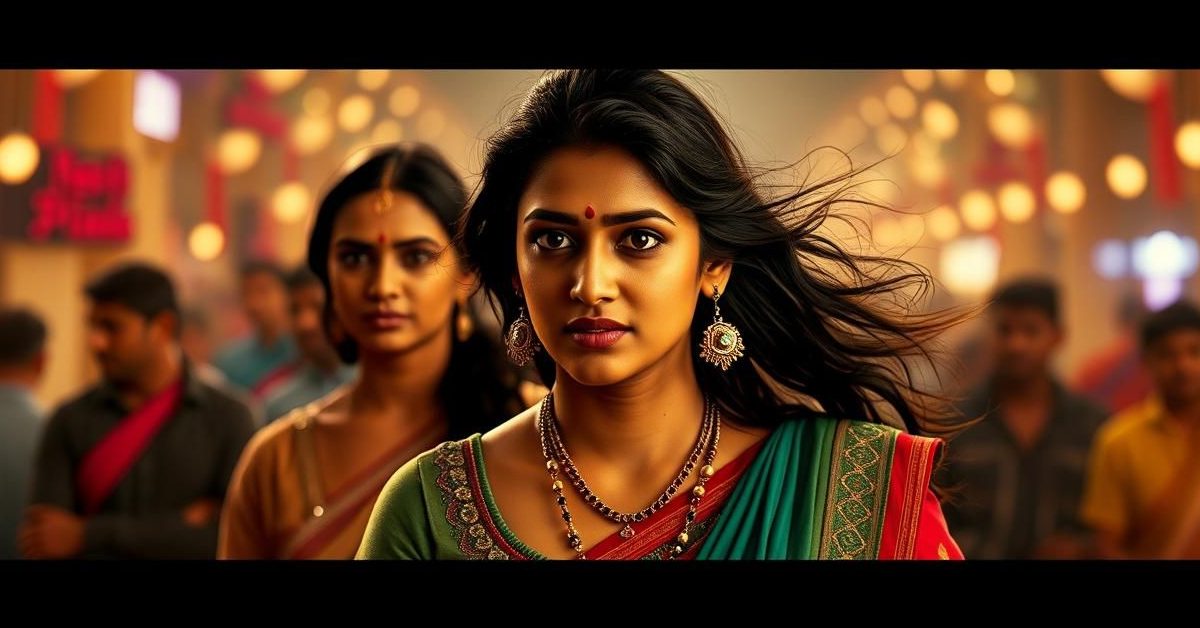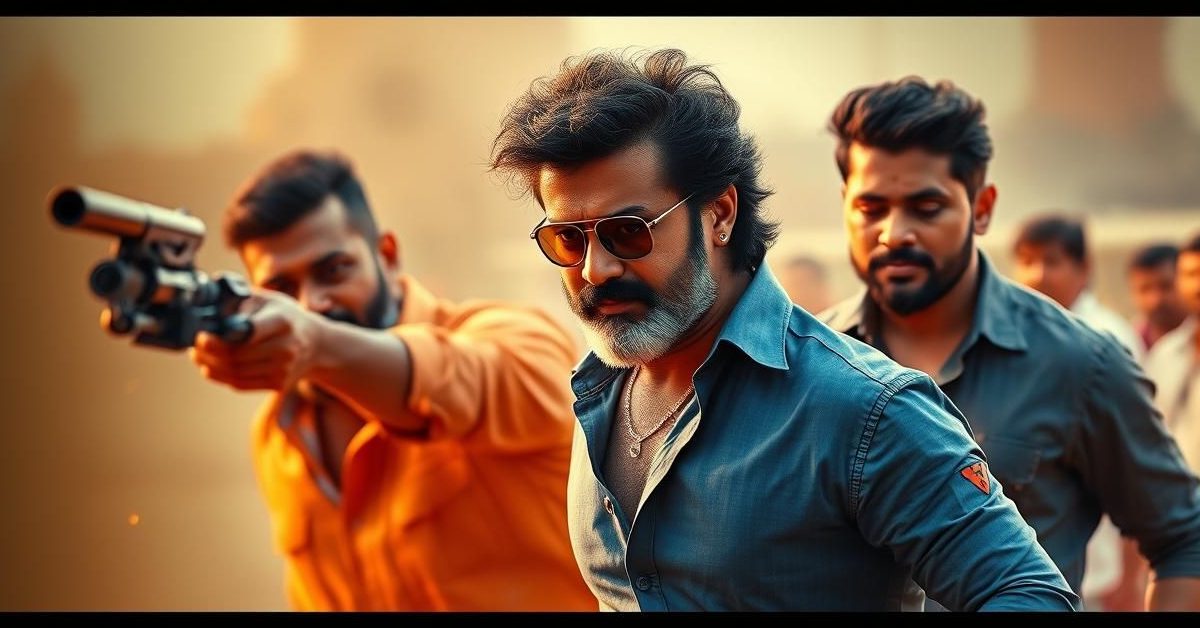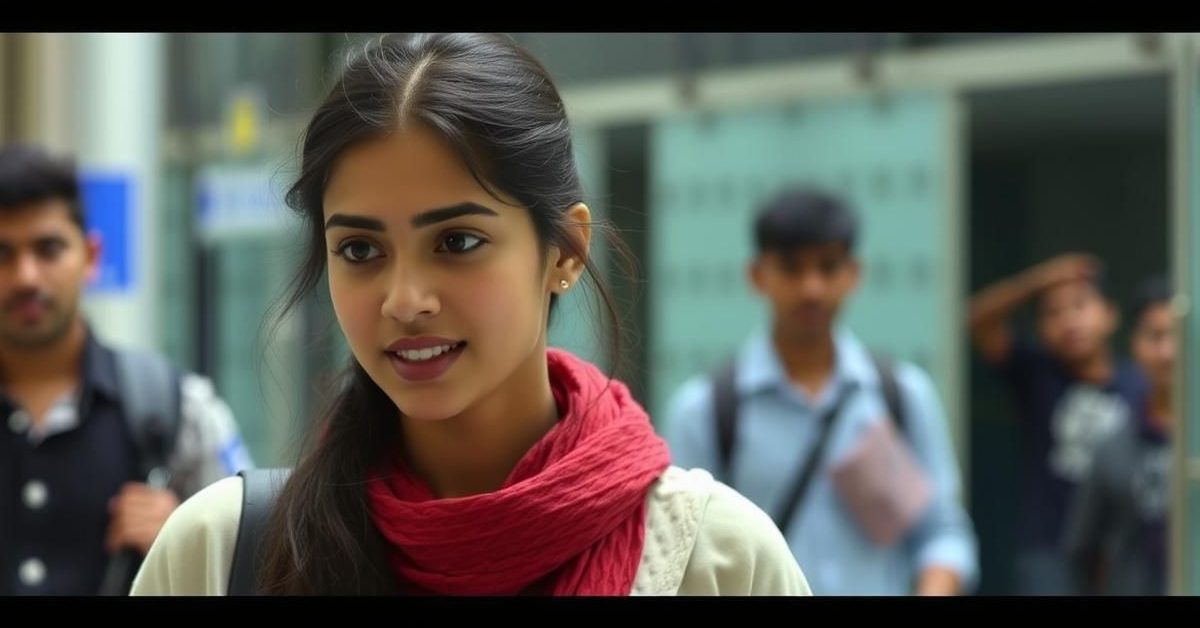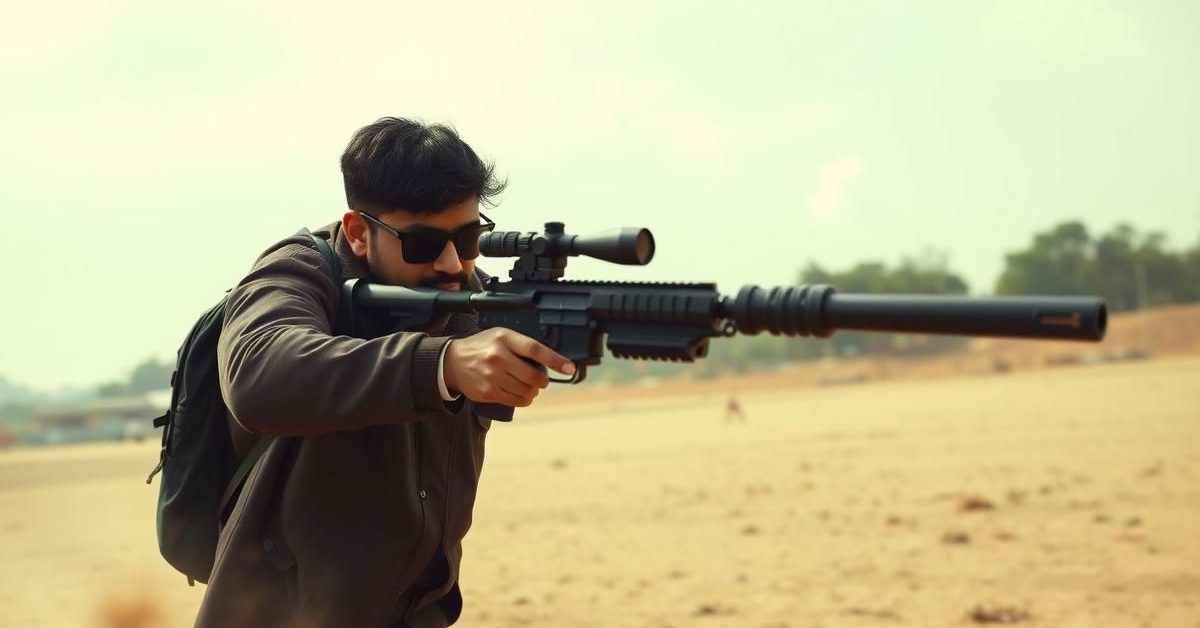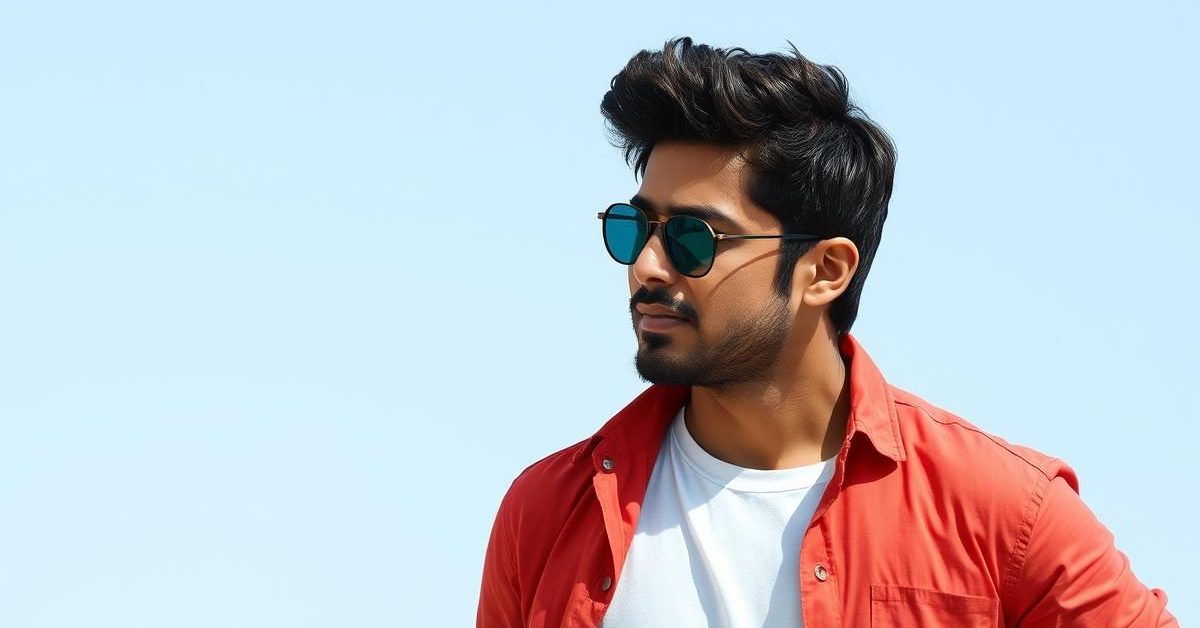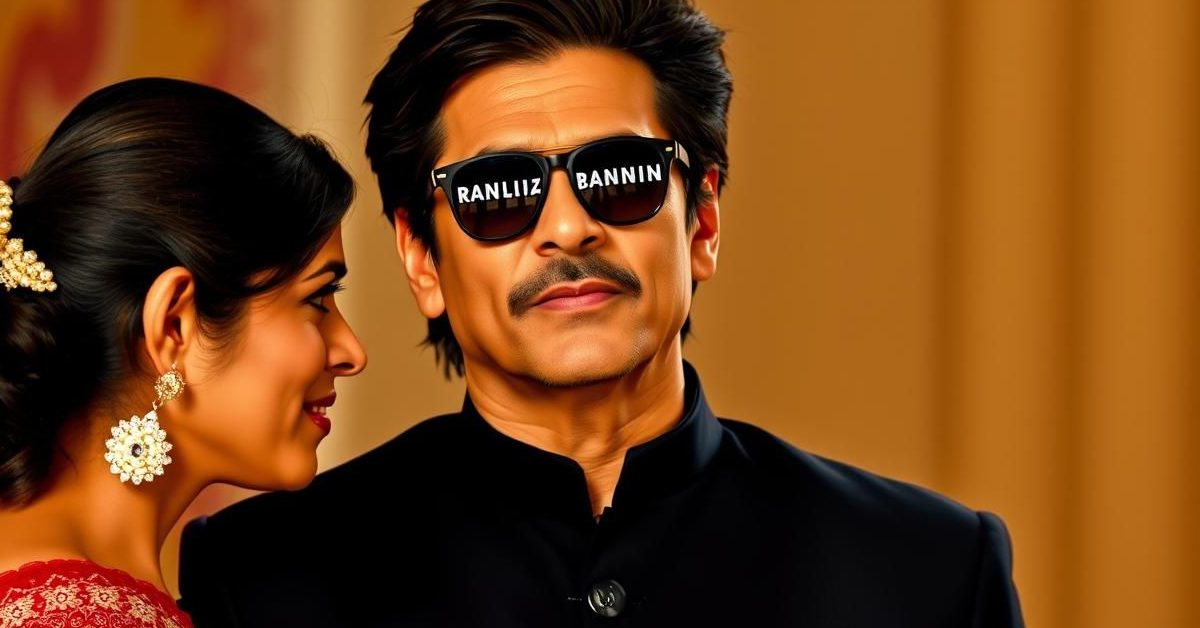Renowned Bollywood director Rajiv Rai, known for hit films like Gupt and Mohra, recently opened up about the terrifying period in the 1990s when he was targeted by the Mumbai underworld, received specialized training from the CID, and eventually had to leave India to protect himself and his family.
Bollywood Under Siege: The Early Threats
The 1990s were a tumultuous time for the Indian film industry, with the underworld frequently extorting money from filmmakers. Rajiv Rai began receiving threatening calls after his 1997 film, Gupt, became a success.
He immediately reported these calls to the police, who advised him not to engage with the callers. Rai’s office was equipped with recorders, and all calls were documented and sent to the authorities for investigation.
A Close Call: The Office Attack
The threats escalated into a direct attack on his office in 1997. Armed assailants targeted his premises, but fortunately, Rai’s bodyguards intervened, causing the attackers to flee.
He recalls being inside during the incident, narrowly avoiding direct confrontation. Police later informed him that such professional misfires by gangsters were common due to confusion or lack of planning.
CID Training for Survival
Following the severe threats and the attempt on his life, the police urged Rai to undergo specialized training from the Crime Investigation Department (CID).
This training included vital survival skills, such as how to quickly change cars, constantly check his surroundings, and even obtaining permission to run red lights in emergencies to avoid being trapped in traffic, a common ambush point.
Leaving India for Safety
The constant pressure and danger eventually led Rajiv Rai to make the difficult decision to leave India and relocate to the UK. He cited multiple compelling reasons for his departure.
His father was gravely ill, and his son was autistic, requiring dedicated care. Rai felt he couldn’t risk his life, as his family depended on him. He decided to step away from filmmaking to ensure their safety and well-being.
An Unexpected Turn in Fortune
Interestingly, despite not actively working for two decades after leaving India, Rai found himself making more money from his older films. This was largely due to legal fights over distribution rights, ensuring he received proper dues that were often circumvented during his active filmmaking days.
He noted a shift in the industry’s financial practices, moving from cash-heavy transactions to cheque-based payments, which offered more transparency and security.
- Director Rajiv Rai faced underworld threats and an office attack in the 1990s.
- He received survival training from the CID, including tactics like car changes and vigilance.
- Rai left India for the UK to protect his family, especially his ailing father and autistic son.
- He continued to earn significant income from his past films even after quitting active work.
Rajiv Rai has since returned to India, offering a rare glimpse into the perilous challenges faced by Bollywood professionals during an era dominated by organized crime.
